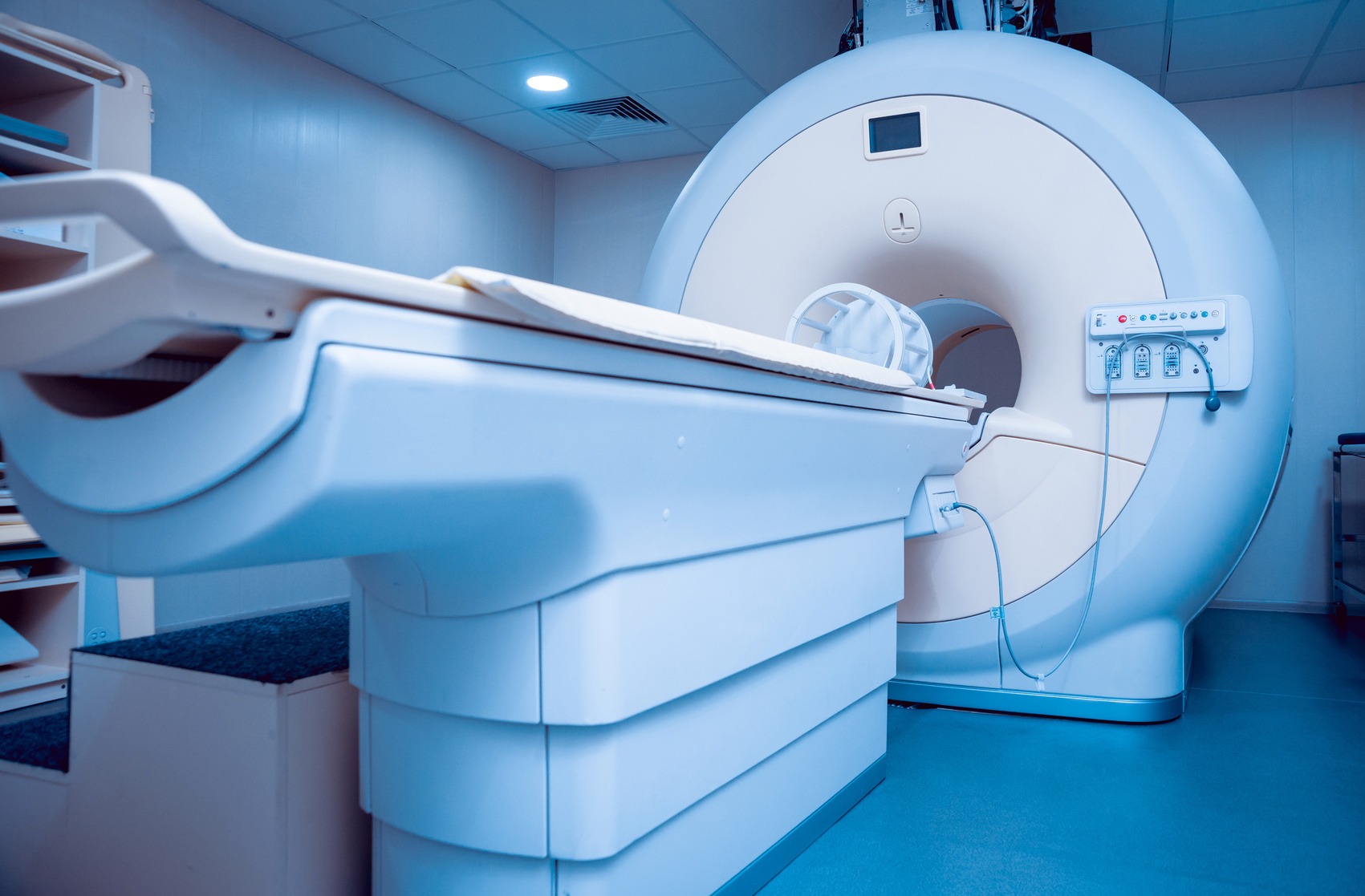 Magnetic resonance imaging (MRI) is a medical imaging test that generates pictures of inside of the body using magnetic fields and radio waves.
Magnetic resonance imaging (MRI) is a medical imaging test that generates pictures of inside of the body using magnetic fields and radio waves.
Magnetic resonance imaging (MRI) is a type of medical imaging that generates pictures of the inside of the body using magnetic fields and radio waves. Doctors use MRIs to diagnose a host of injuries and illnesses, from spinal cord injuries to multiple sclerosis to cancer.
An MRI can lead to a medical malpractice lawsuit if a healthcare professional misreads the results, causing the patient to receive an improper diagnosis that delays or prevents getting care for their condition.
If a doctor misdiagnosed or failed to diagnose your condition due to an MRI error, a medical malpractice lawyer can help. Call us at 888-526-8947.
Why Doctors Perform MRIs
Healthcare professionals perform MRIs because it is a highly effective, non-invasive, and low-risk way to see what is going on inside a patient’s body. Without MRIs, it would be much more difficult to diagnose a host of serious internal conditions, such as aneurysms and cancerous tumors.
Performed correctly, an MRI produces a clear, vivid, high-resolution image of the part of the body under examination, such as the chest or spinal cord. A healthcare professional may then examine the MRI results for abnormalities. From there, the doctor may make a diagnosis.
Risks of MRIs
Most issues that stem from MRIs happen not because of the test itself but because of a healthcare professional misread or misinterpreted its results.
In rare cases, however, an MRI can pose risks to the patient. Specifically, a patient with metal in his or her body may experience complications from an MRI. A healthcare professional has a duty to find out if a patient has any of the following:
- A prosthetic joint made of metal
- An artificial heart valve
- An implantable defibrillator
- A pacemaker
- Metal clips
- Cochlear implants in the ear
- A bullet or shrapnel embedded in the body
Even certain tattoos may contain traces of metal that can react poorly with the magnetic fields of an MRI. Pregnant women should be wary of receiving an MRI, as the effects of magnetic fields and radio waves on a developing fetus are unclear.
Call Newsome | Melton Today at 888-526-8947 — Free Medical Malpractice Consultation
If a healthcare professional misread your MRI, resulting in a misdiagnosis, or you suffered an injury during the test itself, you may have grounds for a medical malpractice lawsuit.
If you or someone you love has been a victim of medical malpractice or negligence, a lawyer from Newsome | Melton can help you hold the responsible party liable and collect the compensation you deserve. Our medical malpractice attorneys fight for the rights of injured victims.
For a free, no-risk case evaluation, call our team at 888-526-8947.
Magnetic Resonance Imaging (MRI) - Frequently Asked Questions

Improper treatment is a form of medical malpractice. It differs from other common examples of malpractice, such as failure to diagnose or misdiagnosis. With improper treatment, the doctor diagnoses the condition correctly but fails to undertake the proper treatment. Because most patients lack the extensive medical training that physicians have, they accept the diagnosis and treatment
Read More
Malpractice cases are notoriously complex and difficult to litigate, so it is essential you go about it the right way. In most medical malpractice situations, there are a few things you should consider doing before calling a medical malpractice lawyer and filing suit: Learn about the statute of limitations in your state Talk to the
Read MoreMagnetic Resonance Imaging (MRI) - News Articles

Last week, it was announced that the state Supreme Court of Pennsylvania would discuss whether or not to overturn a law that allows defendants in medical malpractice lawsuits to avoid prosecution based on “error in judgment”. The decision came as Stephen and Nicole Passarello were granted a new trial after their original lawsuit was dismissed
Read More
North Carolina Family Files Lawsuit Against Cape Fear Valley Health System Less than a year ago, David Edward Bryant, Sr., who was then 67, lost his balance and fell. Bryant, who was awarded the Purple Heart for his service in Vietnam, suffered bruising, but at the time of the fall avoided any major injuries. He
Read More